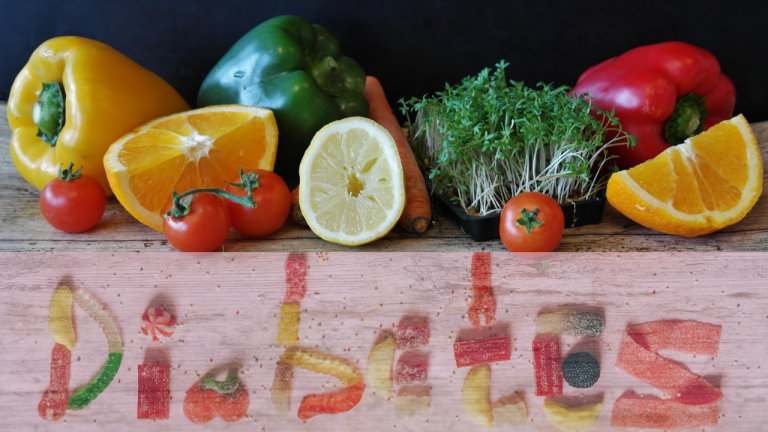What are Some Foods That Should be Avoided for Gastrointestinal Health?

There are several foods that can be harmful to gastrointestinal health and should be avoided or consumed in moderation. Here are some examples:
Spicy foods: Spicy foods can irritate the lining of the stomach and worsen symptoms of acid reflux or gastroesophageal reflux disease (GERD). They can also trigger diarrhea and abdominal pain in some individuals.
Fatty foods: Fatty foods can slow down digestion and increase the risk of acid reflux or GERD. They can also contribute to the development of gallstones and worsen symptoms of irritable bowel syndrome (IBS).
Dairy products: Dairy products can be difficult to digest for some people, particularly those with lactose intolerance or a dairy allergy. They can cause bloating, gas, and diarrhea.
Caffeine and alcohol: Caffeine and alcohol can increase acid production in the stomach and irritate the lining of the digestive system. They can also cause dehydration, which can worsen constipation or diarrhea.
Processed foods: Processed foods can be high in fat, sugar, and salt, which can be harmful to digestive health. They can also contain additives and preservatives that may be difficult to digest and cause inflammation in the gut.
It’s important to note that individual tolerances to different foods can vary, and some people may be able to consume these foods in moderation without experiencing negative effects. However, if you experience gastrointestinal symptoms after consuming certain foods, it may be best to avoid or limit them in your diet.



